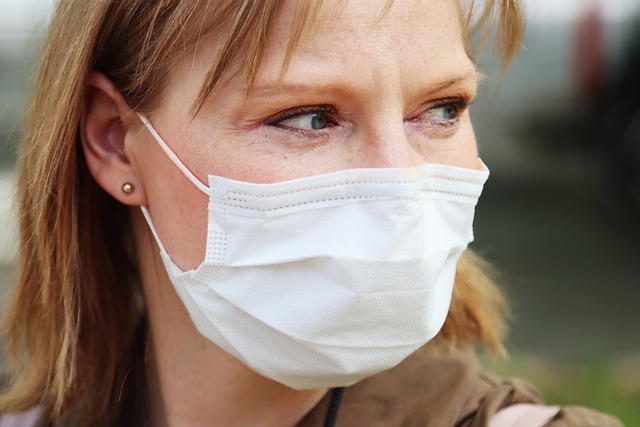The City of Cape Town is warning its residents not to fall for a number of instant messaging voice notes doing the rounds, spreading fake news about a return to a hard lockdown being imminent. These voice notes also speak of resultant food shortages and super viruses that will cause even more devastation than COVID-19.
“The proliferation of fake news has become an all too common occurrence, so these voice notes are not surprising,” said Zahid Badroodien, Mayoral Committee Member for Community Services and Health. “However, they serve as nothing more than a distraction from the important messages and facts that we need to continue focusing on in the fight against COVID-19. The facts, as things stand, is that there is a continued uptick in positive cases in some of Cape Town’s sub-districts.”
Compared to September, when 2292 cases were recorded in the metropole, there have been just over 3000 cases thus far in October.
Sub-districts that have experienced increases in infection rates – particularly among young people – are the Southern, Western and Northern sub-districts. This increase is linked to a number of cluster infections in various settings where young people congregate and has been well publicised.
“And, while COVID-19 isn’t as big a risk to this demographic, the reality is that they interact with their parents, friends and elders who are more at risk of serious illness,” Badroodien said. “More so, examinations are around the corner and the idea of missing the finals because of illness or quarantine following contact with a COVID-positive case can have far-reaching effects for our young people. We therefore call on them to be responsible and think carefully about their movements when they are out and about.”
The City’s Environmental Health Service, meanwhile, reports growing apathy and non-adherence to established COVID-19 protocols.
This includes the behaviour of individuals, who are not keeping their distance from others, and who are moving around without masks, to businesses in both the formal and informal economy who have become less stringent about implementing the protocols.
“Our behaviour now will determine whether Cape Town is able to avoid a second wave of infections, or whether we will be severely curtailed once more in our movements and activities a few months down the line,” Badroodien said. “One hears daily about renewed restrictions and lockdowns in numerous European countries. Let this be the cautionary tale that inspires us to avoid a similar path. This city simply cannot afford another hard lockdown, both socially but also economically.”
Residents are reminded that it is essential to:
- Wear a mask at all times while out in public
- Sanitise or wash your hands properly, at regular intervals
- Avoid contact with surfaces as far as possible, if these are not sanitised
- Keep a distance of at least 1.5 metres from others
- Stay at home if you are feeling unwell
“I also want to urge residents to steer clear of spaces that are overcrowded or where it is clear that appropriate social distancing and other required protocols are not being adhered to. When indoors, ensure that there is sufficient ventilation in the venue to allow for the flow of fresh air – if not, take the gathering outside or leave,” Badroodien added. “And, unless a gathering or event is essential, best avoid large crowds and defer the celebration until further notice.”
Picture: Pixabay

